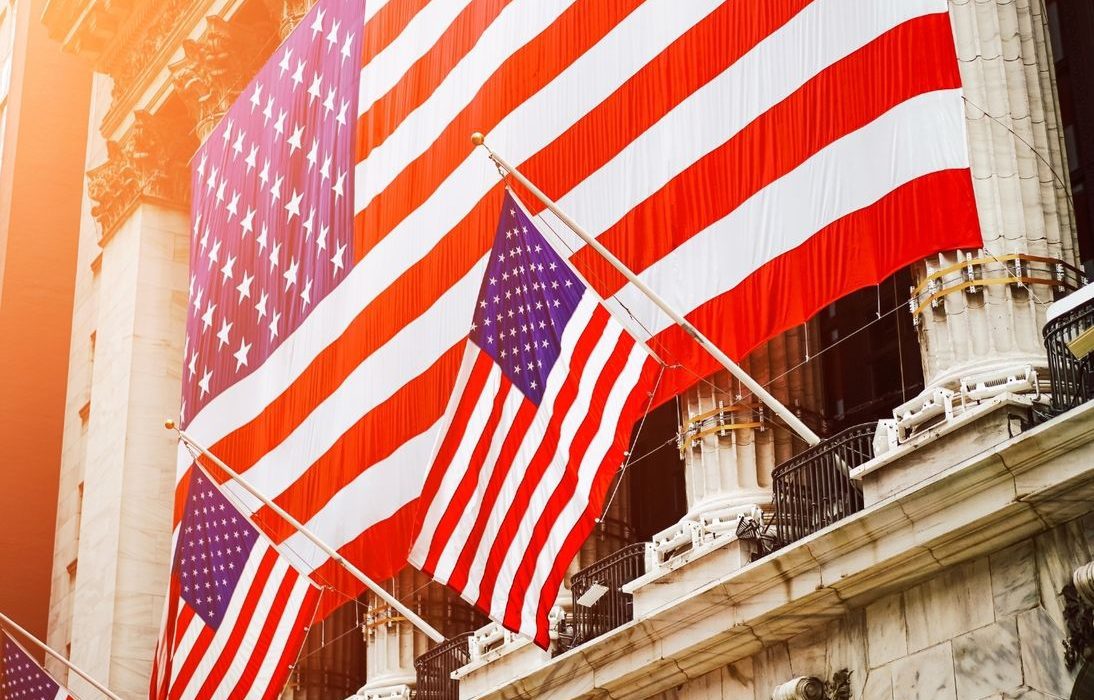The collapse of two smaller U.S. banks over the past week caused ripples in the financial world, including in the foreign exchange market. However, the injection of $30 billion in deposits into First Republic Bank (NYSE:FRC) by large U.S. banks brought relief to investors and sparked a rally in the foreign exchange market.
This move was seen as a show of support for First Republic Bank, which had been caught up in the backwash of the collapse of the two smaller banks. The deposit injection helped strengthen the regional bank’s balance sheet and ease concerns about its stability.
Impact on the Foreign Exchange Market
The foreign exchange market, also known as the forex market, is a global marketplace where currencies are traded. It is the largest and most liquid market in the world, with daily trading volumes of over $5 trillion.
The injection of $30 billion into First Republic Bank had an immediate impact on the foreign exchange market. It sparked a relief rally, with investors buying up riskier currencies and selling off safe-haven currencies like the U.S. dollar and Japanese yen.
This rally was driven by several factors. First, the injection of funds into First Republic Bank eased concerns about the stability of the U.S. banking system. Second, it was seen as a sign that the U.S. economy was still strong, despite the recent collapse of the smaller banks. Finally, it led investors to believe that the Federal Reserve would not need to cut interest rates in the near future.
Long-Term Implications
While the injection of $30 billion into First Republic Bank has provided some relief to the financial markets, there are still concerns about the long-term implications of the collapse of the two smaller banks.
One of the main concerns is the impact on the wider banking sector. The collapse of smaller banks can create a ripple effect, causing other banks to become unstable and leading to a wider financial crisis. While the injection of funds into First Republic Bank has helped stabilize the situation for now, it is unclear whether this will be enough to prevent further collapses in the future.
Another concern is the impact on the wider economy. The collapse of smaller banks can lead to a tightening of credit conditions, making it more difficult for businesses and individuals to borrow money. This can in turn lead to a slowdown in economic growth.
Conclusion
The injection of $30 billion by large U.S. banks into First Republic Bank has had a significant impact on the foreign exchange market, sparking a relief rally and easing concerns about the stability of the U.S. banking system. While this move has provided some short-term relief, there are still concerns about the long-term implications of the collapse of the two smaller banks. It remains to be seen whether the injection of funds into First Republic Bank will be enough to prevent further collapses and stabilize the wider banking sector.










